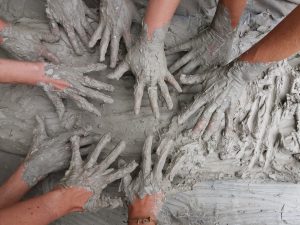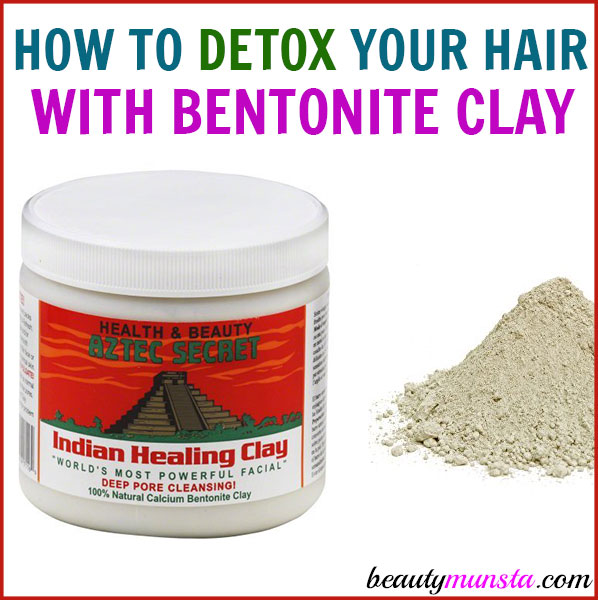

This sound awful, and it’s about to get worse.
BENTONITE CLAY DETOX IN THYME SEASONING FREE
A certain type of methanol, free methanol, breaks down into the carcinogen and neurotoxin formaldehyde in the body.

However, when aspartame is processed through your digestive system, it’s converted into methanol. Toothpaste brands also take advantage of aspartame to improve the taste of their products. Not only is aspartame calorie-free, it’s also 200 times sweeter than natural sugar, which explains why it’s so popular as a sugar alternative in foods and beverages. This gradual, long-term exposure creates a cumulative effect in the body that should cause you real concern! AspartameĪspartame- yuck! Where should I even begin to list the chronic health consequences of artificial sweetener? And, wait, what is it doing in your toothpaste? Consider the fact that your mouth and body are exposed to the SLS in toothpaste every single morning and every single night.
BENTONITE CLAY DETOX IN THYME SEASONING SKIN
Though the FDA claims SLS is safe, thousands of studies have explored the toxicity of SLS and associate the ingredient with skin irritation and organ system toxicity. It functions as a “surfactant” that produces cleansing and foaming action. Sodium lauryl sulfate (SLS) is another ubiquitous chemical found in nearly every cleaning and beauty product out there. Now that manufacturers are required to include triclosan on their ingredients labels, only Colgate still includes this toxin in their toothpaste formula. Studies show the potential for triclosan to nurture antibiotic-resistant bacteria and interfere with thyroid hormone production. Proponents of triclosan claim that it reduces or prevents bacterial contamination, but research shows that the dangers of triclosan outweigh any potential benefits.Įven the FDA has stated that triclosan is “ not generally recognized as safe” due to insufficient proof of its long-term benefits.

Triclosan is an ingredient added to many common consumer products, especially self-care products like soaps, toothpaste, and cosmetics. Check out these dangerous, toxic toothpaste ingredients, and you’ll understand exactly why. He even gives you toothpaste freebies to push you in the right direction!Īdmitting you’re thinking of breaking up with traditional toothpaste might feel like blasphemy, but it’s one of the best decisions you can make for your oral and overall health. You want (and deserve!) oral health products that actually enhance the health of your mouth, but ditching that familiar tube of toothpaste feels like a forbidden sin, right?Īfter all, your dentist reminds you to brush with fluoride toothpaste at every six-month appointment. You probably grab the same exact brand and flavor every time you run low, and you’ve been trained - just like we all have! - to brush with that toothpaste twice a day until your teeth feel clean.īut have you ever really stopped to investigate the ingredients in your toothpaste? Most common toothpaste ingredients do absolutely nothing to actively improve your dental health, and in fact, many of them pose serious dangers to your body. Brushing with bentonite clay is a safe, natural, and effective alternative that does more than prevent cavities - it remineralizes your teeth and enhances your overall oral health! The Toxic Ingredients in Traditional ToothpasteĪs an adult, you’ve spent decades buying toothpaste from the store.

It’s time to pull the curtain back and expose the very real, very serious dangers associated with toothpaste.Īnd don’t worry, this doesn’t mean you can only brush with water. Yet, somehow, we’re all still taught to use traditional fluoride toothpaste without a second thought. It’s saturated with chemicals and dangerous ingredients that have no business in your mouth or body. Here’s the truth: That tube of toothpaste sitting on your sink - the one you use every morning and every night - is toxic. Thanks to the massive and commercialized toothpaste industry, most of us have never heard of bentonite clay, and we definitely don’t know how it could be used as part of our dental care routine. What do you know about bentonite clay for teeth? Or really, what do you know about bentonite clay at all?


 0 kommentar(er)
0 kommentar(er)
